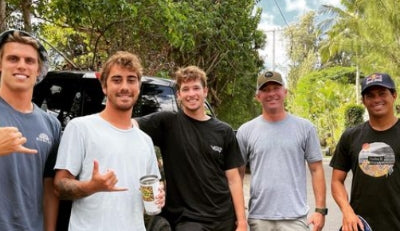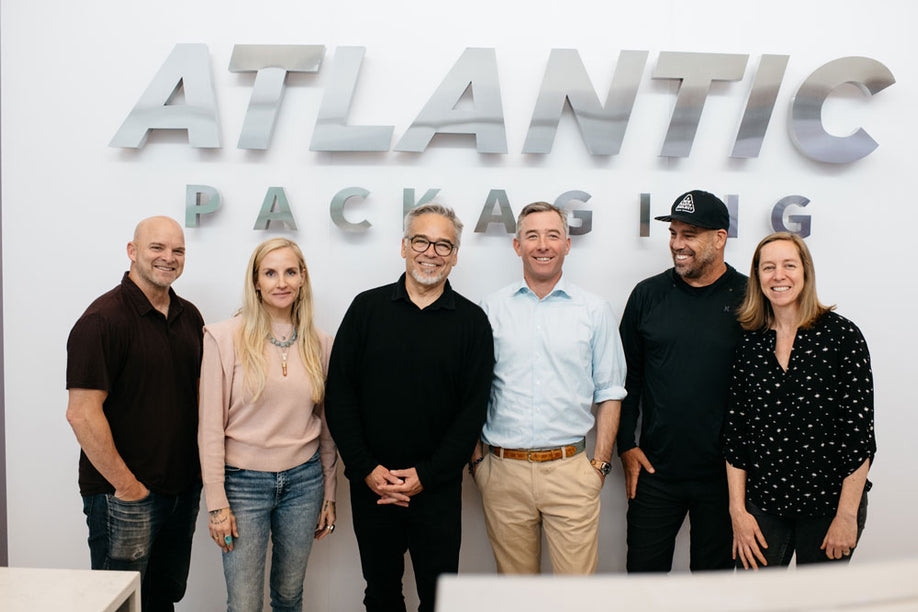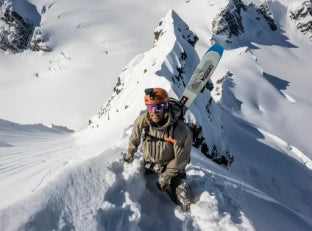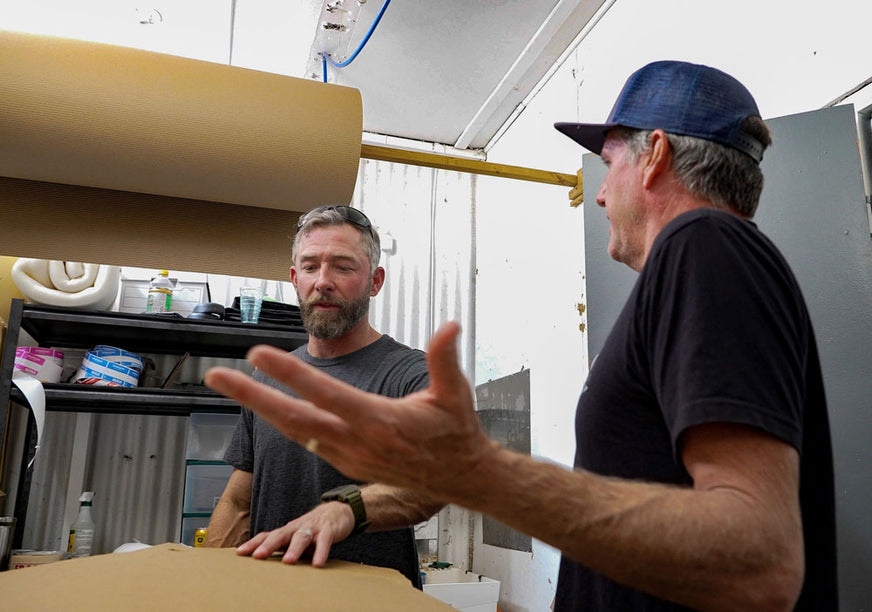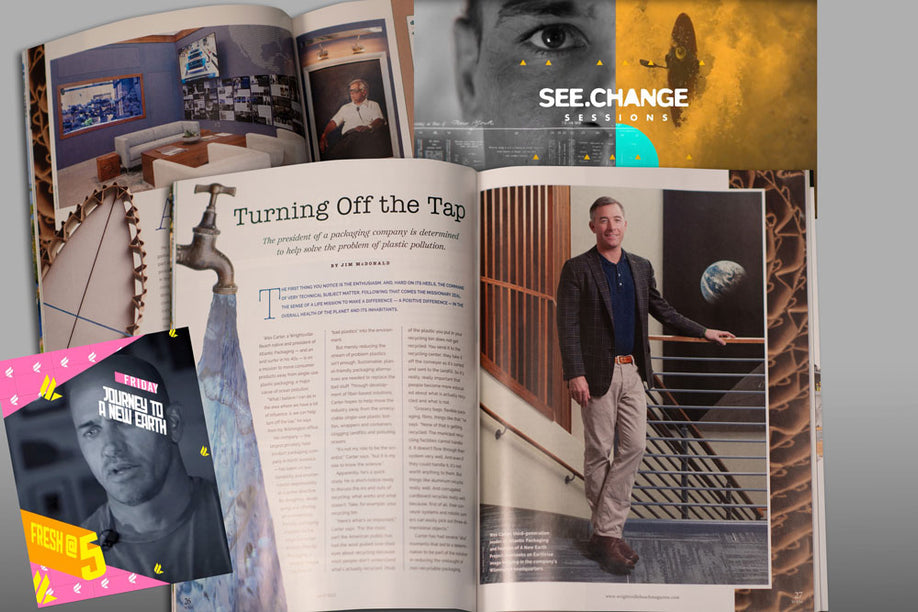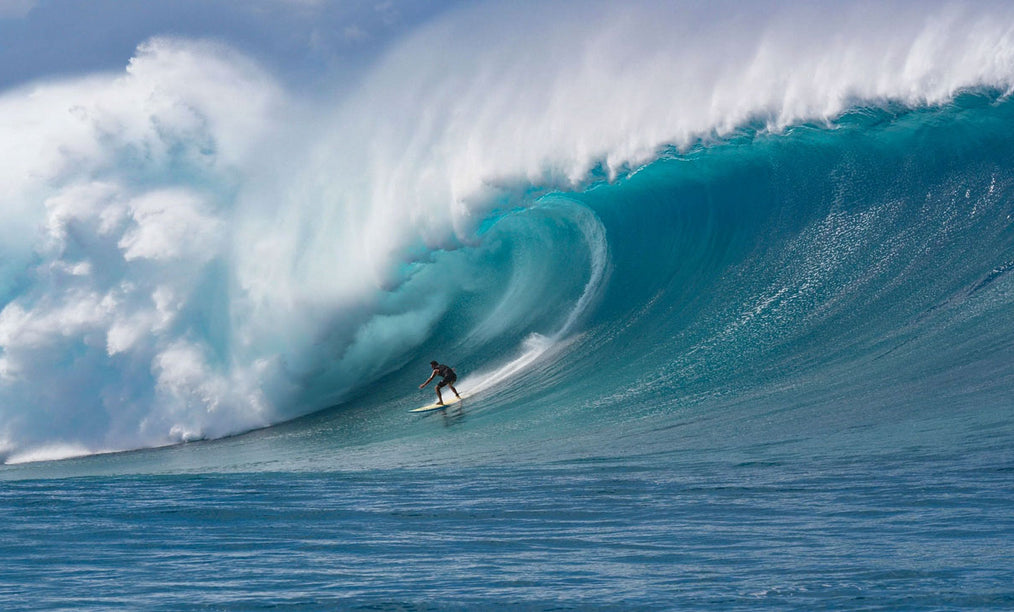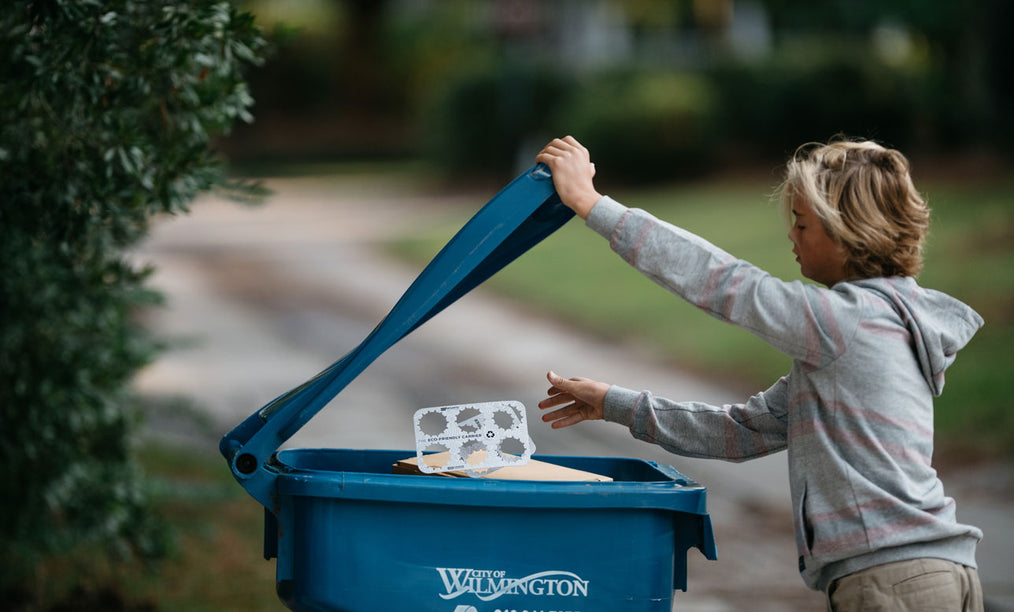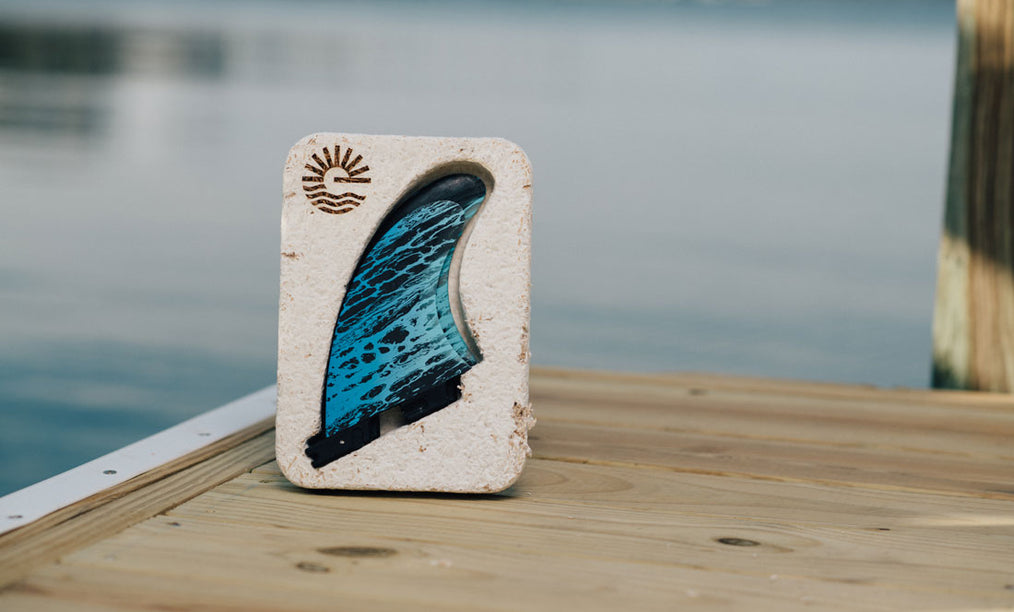Industry accounts for the largest environmental footprint on the planet. With that impact comes a profound responsibility, not only to reduce harm, but to invest in the restoration of what sustains us.
Voluntary Mitigation is a forward-looking strategy in which companies proactively conserve natural ecosystems such as forests, wetlands, and biodiversity corridors as a means of balancing the physical footprint of their operations. By placing land into permanent conservation or supporting ecological restoration, businesses demonstrate leadership, integrity, and a deeper commitment to sustainability.
This is not a regulatory obligation. It is a voluntary act of stewardship, signaling a new era in which industry becomes a partner in the regeneration of the natural world.
⸻
Wes Carter, President of Atlantic Packaging, and David Ray, Chief Conservation Officer at Lowcountry Land Trust, recently met up at the Barry Tract, a new land conservation project in Dorchester County, SC, to discuss their vision for voluntary mitigation, the power of collaboration, and the legacy they’re building for future generations.
Q: David, tell us about your role with the Lowcountry Land Trust and this land we're standing on here.
David Ray: Well, I’m David Ray. I’m the Chief Conservation Officer with Lowcountry Land Trust. And we are here in Dorchester County at the Barry Tract, which is a 67-acre piece of land nestled between Ashley River Road, a National Scenic Byway, and the Ashley River, a state scenic river. We’re right in the heart of the Ashley River Historic District, a nationally significant place that goes back to the founding of South Carolina and really the country.
This property was part of one of the earliest pieces deeded to the man the Ashley and Cooper Rivers are named after, Lord Anthony Ashley Cooper. So, a really interesting and significant piece of land.
One of the things we’re really excited about is that it will be shared with the public in the future. It’s slated to become a Dorchester County passive nature park. So, people who live around here or want to come to this property will be able to enjoy it in perpetuity.
And Wes, I have to say, we’re really grateful for the contribution you and Atlantic Packaging made. This was slated to become a development. The developer that made the neighborhood across the street had it under contract. We had a backup offer, and the landowner chose us instead. You told us you’d make an investment in this property, and that really gave us the ability, and the confidence, to move forward, even before we had the rest of the funding in place. We’re forever grateful.
Q: Wes, your company is rooted in packaging, yet here you are championing conservation. What drives this connection?
Wes Carter: Thank you, David. We’re truly privileged and grateful to be able to participate in a conservation project like this. As you mentioned, this is a pretty industrial area, and land like this, if not preserved through conservation easements, likely ends up developed.
At Atlantic Packaging, and through our guiding framework with A New Earth Project, we’ve been working to bridge sustainability and conservation as two sides of the same coin. Because we’re realizing that these natural ecosystems are fundamental to human health and happiness. Conservation can’t be separate from the sustainability conversation.
At Atlantic, we want to be the best model we can be for a corporation with strong environmental ethics. We, as industry, create the most impact on the natural world. That’s unarguable. So we want to be part of the solution.
A few years ago, I said to you: "Why not voluntarily mitigate our corporate footprint?" We did some calculations and found that Atlantic Packaging operates on about 60 acres of land nationally. So I thought, what if we mitigated 60 acres? What if we found vulnerable land to protect, to help create balance?
This property isn’t far from our Summerville, SC facility. It’s a few miles down the road. So this can be a place of enjoyment for our employees and a sacred, protected place in an industrial zone.
⸻

Q: Let's talk more about this voluntary mitigation strategy
Wes Carter: Today, more than any other time in modern history, we're awakening to the fact that progress is great in many ways. It's created a world that is dynamic, more comfortable in many ways, more efficient in many ways, and safer in many ways. But it's also been often at the expense of these natural environments.
And if we can awaken to that now, we can start making decisions that directly acknowledge the impact. And to me, conservation is the most obvious and direct way to do that. And so again, my call to action for industry and for other businesses is to integrate sustainability and nature and the love of nature and the love of life as a fundamental core tenet.
And I see that conservation can and should be an integral part of that strategy. That's why I like this idea of voluntary mitigation, because it gives us a framework to say, okay, our company takes up X number of acres, or we use X number of thousands of gallons of water, or we use x number of trees to support the nature based feedstocks for our products. Then we can find vulnerable, biodiverse, pieces of property like this one, to help save.
⸻
Q: What does voluntary mitigation actually look like in practice?
Wes Carter: It’s about creating a framework where landowners or developers who impact wetlands or habitats can voluntarily invest in the protection or restoration of critical land elsewhere. It’s not about stopping development, it’s about guiding it in a way that offsets its footprint through conservation efforts that are science-based and locally focused.
David Ray: Exactly. We’re not waiting for the federal government to tell us what to do. We’re saying: let’s do this ourselves, the right way, and in a way that reflects our community’s identity. We’ve already begun piloting this model in the Lowcountry and seen very positive momentum.
⸻
Q: Why the Lowcountry? What makes this region unique for this initiative?
David Ray: The Lowcountry is a tapestry of marshes, forests, and rivers that are not only ecologically vital but culturally iconic. People here deeply value the land, and we have a history of successful land conservation. But with accelerating development pressure, we needed a new tool in the toolbox. Voluntary mitigation allows us to balance growth with preservation.
Wes Carter: For me, it’s personal. I grew up surfing and fishing in these waters. When you see firsthand what’s at stake, you can’t help but want to protect it. And if we can do it here successfully, this model could be scaled across the Southeast and beyond.

⸻
Q: What’s been the response from stakeholders including developers, agencies, and communities?
David Ray: Surprisingly positive. Developers appreciate the flexibility and certainty it offers. Agencies like that it’s driven by science and executed by trusted local organizations. And communities see it as a way to protect the places they love while still welcoming responsible growth.
Wes Carter:The key is collaboration. We’re not trying to fight anyone. We’re bringing people to the table and saying: let’s find a solution together. And when business, conservation, and community align, that’s when real impact happens.
⸻
Q: Looking forward, what does success look like for this initiative?
Wes Carter: Success means we’ve created a self-sustaining model that leads to measurable conservation outcomes. That land that would have been lost is now protected forever. And that it inspires other regions and industries to adopt similar strategies.
David Ray: I’d add that success also means changing the narrative, that conservation and development aren’t at odds, but can be integrated thoughtfully. If we do this right, we’ll not only preserve our landscapes, but also strengthen the bonds between people and place.
⸻
Q: Any final thoughts for readers watching this space?
Wes Carter: Don’t underestimate your influence. Whether you’re a business leader, landowner, or just someone who loves nature, your voice and your actions matter.
David Ray: And stay tuned. This is just the beginning. The Lowcountry has always led with heart and purpose, and this initiative continues that tradition in a powerful way.
⸻
Learn more about how Atlantic is involved in Conservation Efforts here.
